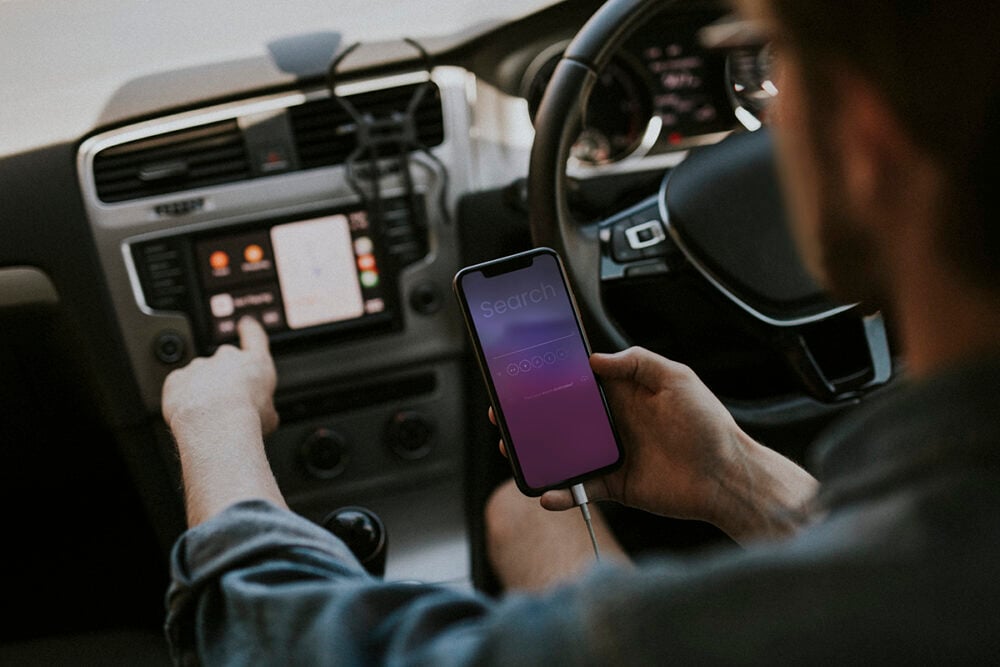Mobile phone detection cameras in South Australia – what you need to know.

South Australia police have now rolled out mobile detection cameras in five locations around metropolitan Adelaide, with two more locations being considered for early next year. Over a three-month testing phase earlier this year, SAPOL said it made 71,044 detections from 6,794,050 vehicles — which it equated to a staggering 1.05 per cent of motorists using mobile phones behind the wheel. It goes without saying that given this high early detection rate, there is an intention to significantly expand the number of devices on our roads. We are currently in a grace period where Adelaide drivers who are detected using their mobile phones by one of these cameras will receive a warning letter, but South Australia Police have also confirmed that from 1 September 2024, expiation notices (fines) will begin to be issued in relation the offences detected by the cameras. This will see road users allegedly detected driving whilst using a mobile phone, receiving a fine of at least $540, plus a $99 victims of crime levy, plus 3 demerit points.
Can I appeal if I receive a fine?
As with all expiable offences, drivers will be entitled to elect to be prosecuted if they do not accept the offence. In relation to traffic offences such as this, police will rely upon statutory presumptions to prove the charge. Essentially, South Australia Police have the benefit of legislation which will presume that the cameras are operating correctly, unless proven otherwise. It will be presumed in a photograph taken by these devices that you are using a mobile phone and that none of the permissible uses apply. The burden will then be on the driver to establish for example, that they were not using a mobile phone, or that the use was permitted.
Definition of mobile phone, and use of a mobile phone
The Australian Road Rules doesn’t define what a mobile phone is, but it does specifically state it does not include a CB radio, or any other two way radio. This leaves it open to detection devices capturing road users in circumstances where in fact it may not be a mobile phone in use. Furthermore, the definition of “use”, in relation to a mobile phone can include holding the body of the phone in his or her hand (whether or not engaged in a phone call), except while in the process of giving the body of the phone to a passenger in the vehicle. The use of a mobile phone will also include turning the mobile phone on or off, entering or placing, other than the use of a voice anything into the phone or sending or looking at anything that is in the phone, or operating any other function of the phone.
South Australia police will be required to conduct regular Operational Testing in relation to these cameras and will need to ensure that they are always operating correctly. The regulations prescribe that if a fault is detected then the electronic records must be rejected.
Get in touch
In the early stages of the operation of these devices there will no doubt be teething issues and various legal challenges. If a driver does not believe they were using a phone or they were using it in circumstances that are lawful, then it is very important to seek legal advice in relation to disputing the expiation notice before any payment is made. Once any payment of an expiation notice is made, either in full or in part, it will be considered an admission of guilt in relation to the offence.
Our criminal and traffic lawyers in Adelaide can provide you with the necessary expert advice in this area. Get in touch with our Adelaide criminal law team on 8212 1077 or fill out this form and we will get back to you. With 8 other offices across South Australia, we have got you covered.
Image by rawpixel.com on Freepik